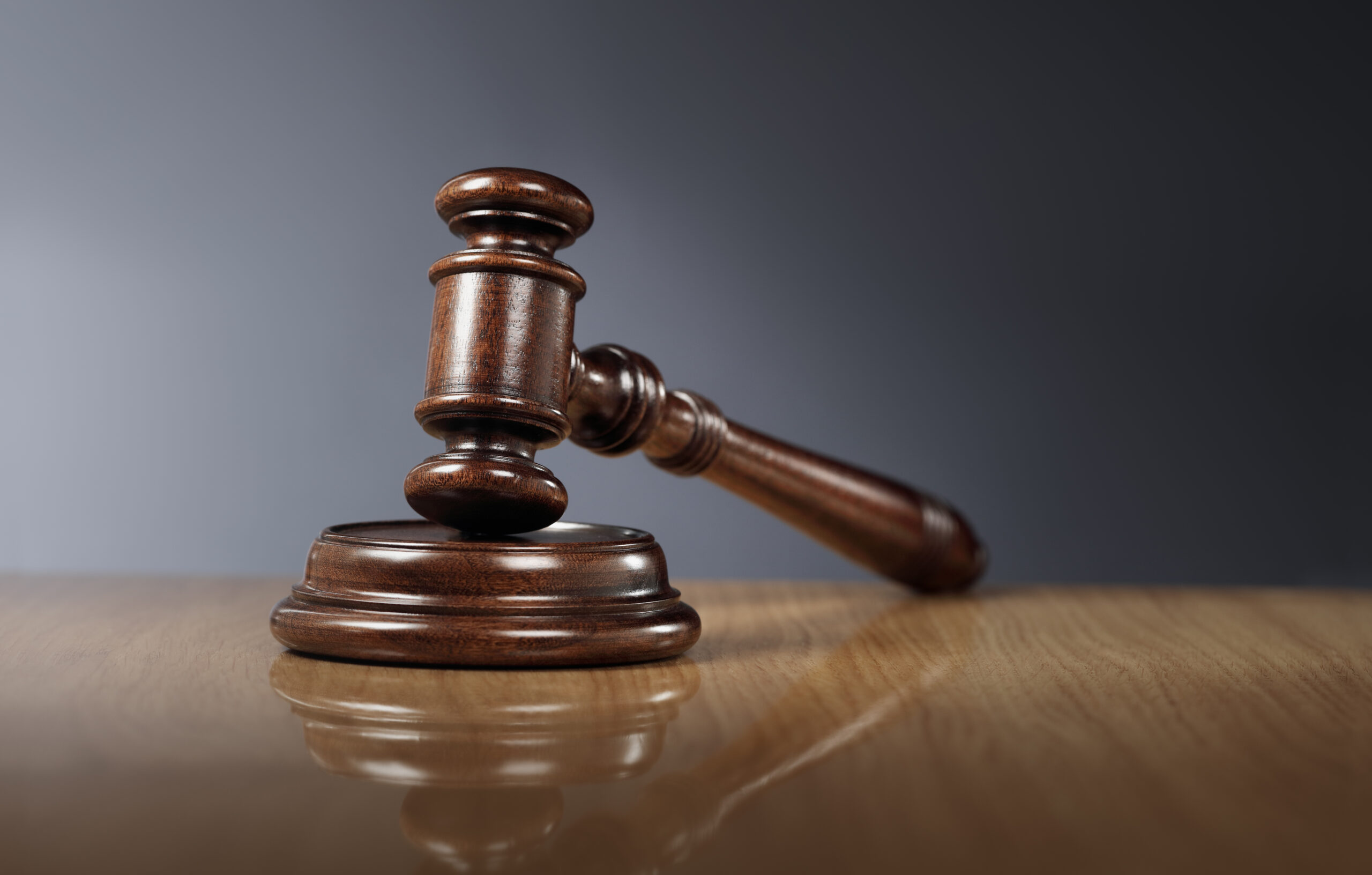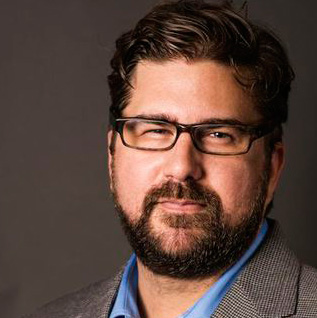
Posted on May 30, 2017
In a Self-Defense Case, Will Your Past Come Back to Haunt You?
In A Self-Defense Case, Will Your Past Come Back To Haunt You?
If you find yourself being prosecuted in a self-defense shooting, your past may come back to haunt you.
As a general legal principle, if you’re accused of a crime, any prior bad acts you may have committed are not allowed to be presented to a jury. The idea is that you are to be judged only on the evidence presented for the alleged crime at hand, not for past crimes or allegations.
The court, however, can rule whether a specific bad act is relevant to a new case, especially if it speaks to motive or modus operandi (how the bad act was committed). For example, in a self-defense case, any history of confrontation between the defendant and the decedent will very likely make it before a jury.
It’s not always quite so clear, though. What if a similar bad act happened in the same place as the new alleged crime?
That’s a point of contention in the Ronald Gasser case out of New Orleans. Gasser shot and killed former New York Giants running back Joe McKnight in what’s been described as a “road rage” incident. Years ago, Gasser was arrested for a different road rage incident at the very same intersection. Although those charges were eventually dropped, prosecutors asked the judge to allow evidence of the prior incident at trial. Gasser’s attorney argued that the prior incident happened too long ago, and suggested the facts have nothing to do with the 2016 shooting.
The judge agreed with the prosecutors. Gasser’s past is coming back to haunt him.
Click here to read the article from the New Orleans Advocate
Attorney Mike Arnold faced a similar problem in his defense of Gerald Strebendt, a former Marine sniper and professional MMA fighter who shot a man after an automobile collision. In his book about the subject called “The Finishing Machine,” Arnold describes receiving the state’s prior bad acts information in discovery, which included multiple allegations of road rage and prior confrontations:
In my career I’ve come to call evidence like this “The Parade of Horribles.” I can say that in all of my years as a defense attorney, I had never received such a Parade as I did in Gerald’s case.
Arnold had to treat each allegation like a mini-case, tracking down witnesses, consulting with experts, and building a defense. It all came to a head during a massive three-day hearing where Arnold disputed each bad act one at a time. After the hearing, the judge withheld ruling, leaving the defense in limbo regarding what Arnold considered the make-or-break evidence in the case.
Ultimately, Strebendt, who had been denied bail, took a plea deal that promised freedom in only a few years, rather than taking the risk of spending most of his life in prison.
Whether prior bad acts make it to trial or not, the effort to keep them out can be a gargantuan effort — one that will greatly impact the cost of a defense and potentially pull resources from other priorities.
It’s not a bad idea to think about your own past. What things would appear in your “Parade of Horribles”? After the Gerald Strebendt case, Attorney Mike Arnold gave it some thought. A former rugby player, Arnold never shied away from a confrontation.
“I’ve never gone looking for trouble, but I’ve always been ready for it. And maybe that readiness has helped me find it,” Arnold writes. “Seeing what happened to Gerald has really made me think twice about carrying my handgun.”
The lesson for the concealed carrier is this: How you live your life will have a dramatic impact on your defense should you ever face charges in a self-defense shooting. Someone who is known as a “hot head” and is known for being confrontational, or who has any history of violence — that’s someone who will likely face significant challenges in his legal fight, following a self-defense shooting.

Shawn Vincent
Litigation Consultant
Shawn Vincent is a litigation consultant who helps select juries in self-defense cases, and he manages public interest of high-profile legal matters. If you have any questions for Shawn, or would like more articles like this, let us know below!